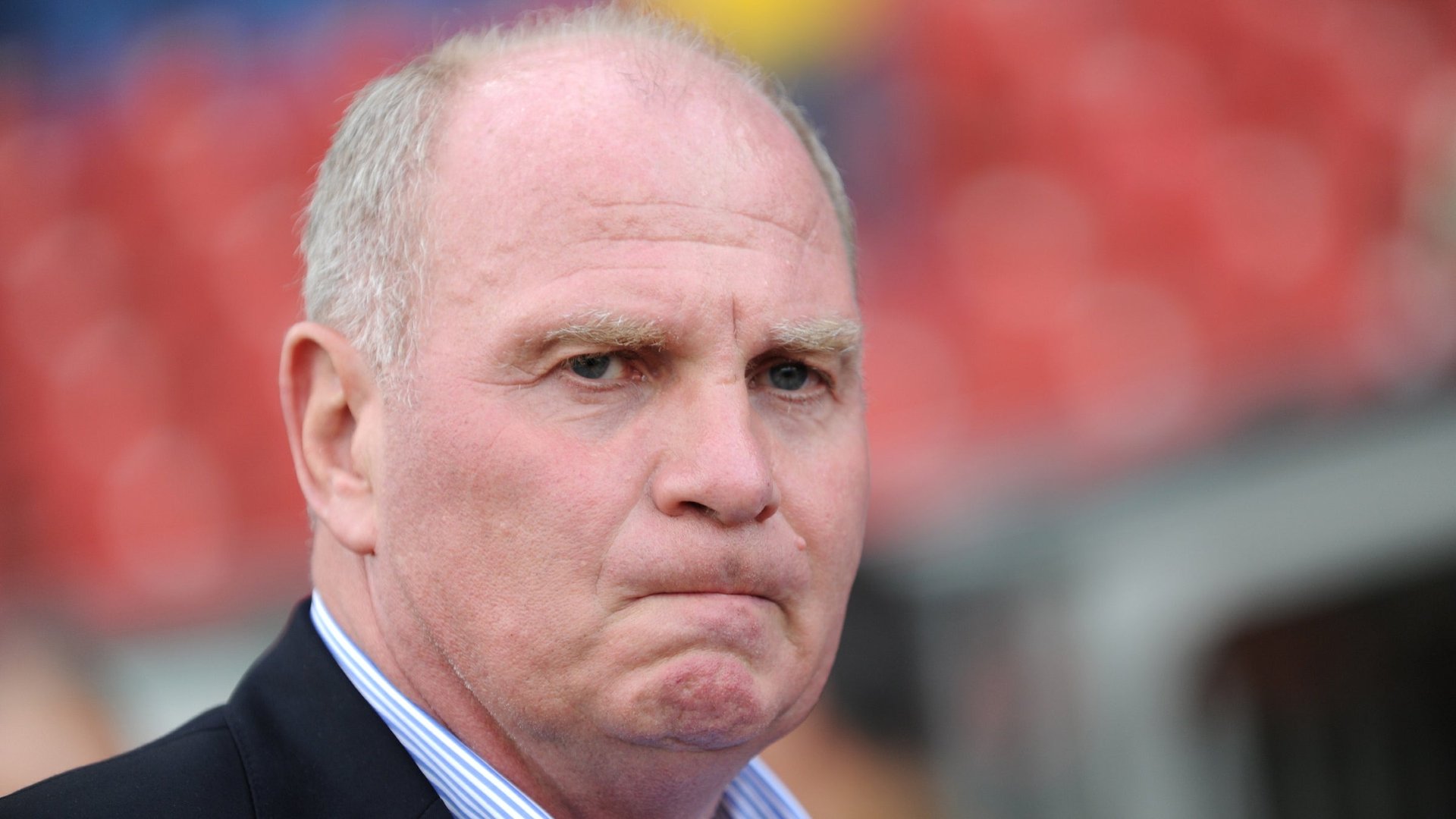The president of the best soccer team in Europe could wind up in jail for tax evasion
Normally, it would be a great day for Uli Hoeness, the German soccer star of the seventies and now president of Bayern Munich—perhaps the best soccer club in Europe, which beat Barcelona today and advanced to Europe’s club championship game.


Normally, it would be a great day for Uli Hoeness, the German soccer star of the seventies and now president of Bayern Munich—perhaps the best soccer club in Europe, which beat Barcelona today and advanced to Europe’s club championship game.
But Hoeness, under investigation for keeping millions of euros hidden in a Swiss bank account, faces jail time and disgrace in a country that doesn’t tolerate cheaters. The case has become a symbol of German angst as Europe dismantles the hidden infrastructure of offshore banking.
“I feel like I have been catapulted to the other side of society and I no longer belong,” he told Die Zeit. “Of course, I blame myself. I have got myself in a load of crap, but I am not a bad person.”
After a playing career that included a World Cup victory, Hoeness helped build Bayern into a juggernaut worth $1.3 billion, the fifth most valuable team in the world, according to Forbes. But Hoeness also got interested in financial speculation in the early 2000s, Der Spiegel reports:
Hoeness wanted a piece of the action and [Robert Louis-Dreyfus, boss of sporting goods manufacturer Adidas, which supplied the Bayern Munich kit] gave him 5 million marks (€2.56 million/$3.35 million)—as play money, so to speak. It was deposited in a securities account with the number 4028BEA at Bank Vontobel, a Zurich financial institution known for its discretion. Subsequently, the bank reportedly granted Hoeness a loan amounting to 15 million marks, for which Louis-Dreyfus also acted as guarantor. Hoeness apparently gambled heavily with the money—primarily on shares and currency exchange rates.
He didn’t report the results of that gambling to the German tax authorities. This year, as tax evasion has become a bigger political issue in Germany and prosecutors began to scrutinize wealthy germans, Hoeness filed an amended disclosure with authorities and paid €3.2 million in back taxes. However, the form was filled out sloppily and prosecutors opened an investigation finding further irregularities.
If prosecutors decide that Hoeness withheld more information, he will likely face jail time.
This situation is a problem for the conservative government of Chancellor Angela Merkel, which has fought the opposition over an agreement to exchange tax information with Switzerland. Merkel, up for reelection this fall, has appeared publicly with Hoeness, and since the scandal emerged her party has sunk in opinion polls.
Major corporations are also involved. First, there’s the money from Adidas head Louis-Dreyfus, which may have been a deal-sweetener in a battle the company was waging with Nike over who would sponsor Bayern Munich—a fight that Adidas won. In addition, Volkswagen owns a significant share of Bayern Munich and plays a major role in its governance. Along with other major sponsors and club directors, the car company is reportedly planning to ask for Hoeness to step down.
So far, however, he has not, and key club officials are standing by him. It’s an open question whether Hoeness will be in the stands or on the streets when Bayern Munich face their German rivals, Borussia Dortmund, in the European Champions League finals on May 25.